

2019-10-03 17:39:00 Thu ET
technology antitrust competition bilateral trade free trade fair trade trade agreement trade surplus trade deficit multilateralism neoliberalism world trade organization regulation public utility current account compliance
President Trump indicates that he would consider an interim Sino-American trade deal in lieu of a full trade agreement. The Trump administration defers higher tariffs on $250 billion Chinese imports to mid-October 2019 as China needs to celebrate its national anniversary in early-October 2019. Meanwhile, President Trump would prefer a complete trade agreement as China and the U.S. seek better trade conflict resolution in the next round of bilateral trade negotiations in October 2019.
Stock market analysts and political economists suggest that an interim trade deal can translate into consensus views of both trade deficit eradication and intellectual property protection and enforcement. The former causes China to purchase more U.S. agribusiness products, and the latter may require either legislative structural reforms or international arbitration tribunals.
It is difficult for China to set in stone specific fair trade practices by signing into law protective arrangements for multinational corporations such as Apple, Google, and Microsoft. Further, it can be difficult for China to suspend government subsidies on domestic state enterprises and tech firms such as Alibaba, Baidu, ByteDance, Didi, and Tencent. When push comes to shove, an interim Sino-U.S. trade deal may be the necessary evil for better harmony and compromise.
If any of our AYA Analytica financial health memos (FHM), blog posts, ebooks, newsletters, and notifications etc, or any other form of online content curation, involves potential copyright concerns, please feel free to contact us at service@ayafintech.network so that we can remove relevant content in response to any such request within a reasonable time frame.
2018-07-21 13:35:00 Saturday ET
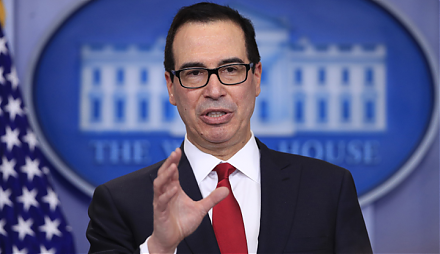
President Trump supports a bipartisan bill or the Foreign Investment Risk Review Modernization Act (FIRRMA), which effectively broadens the jurisdiction of
2017-04-01 06:40:00 Saturday ET
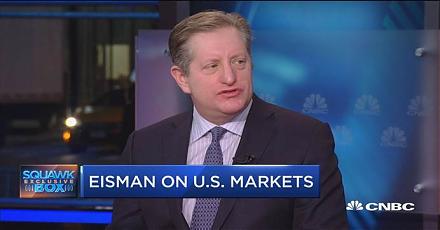
With the current interest rate hike, large banks and insurance companies are likely to benefit from higher equity risk premiums and interest rate spreads.
2019-07-11 10:48:00 Thursday ET
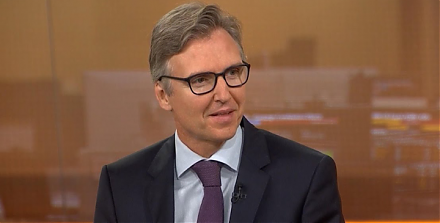
France and Germany are the biggest beneficiaries of Sino-U.S. trade escalation, whereas, Japan, South Korea, and Taiwan suffer from the current trade stando
2023-10-14 10:32:00 Saturday ET

Jonathan Baker frames the current debate over antitrust merger review and enforcement in America. Jonathan Baker (2019) The antitrust paradi
2019-08-05 13:30:00 Monday ET
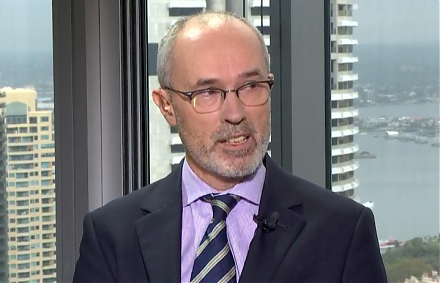
China continues to sell U.S. Treasury bonds amid Sino-U.S. trade truce uncertainty. In mid-2019, China reduces its U.S. Treasury bond positions by $20.5 bil
2019-09-03 14:29:00 Tuesday ET
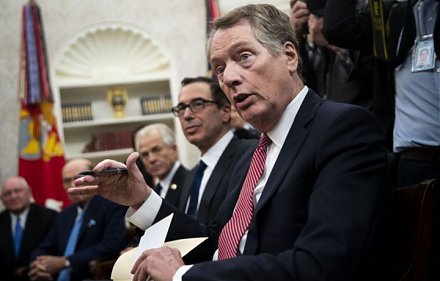
Due to U.S. tariffs and other cloudy causes of economic policy uncertainty, Apple, Nintendo, and Samsung start to consider making tech products in Vietnam i